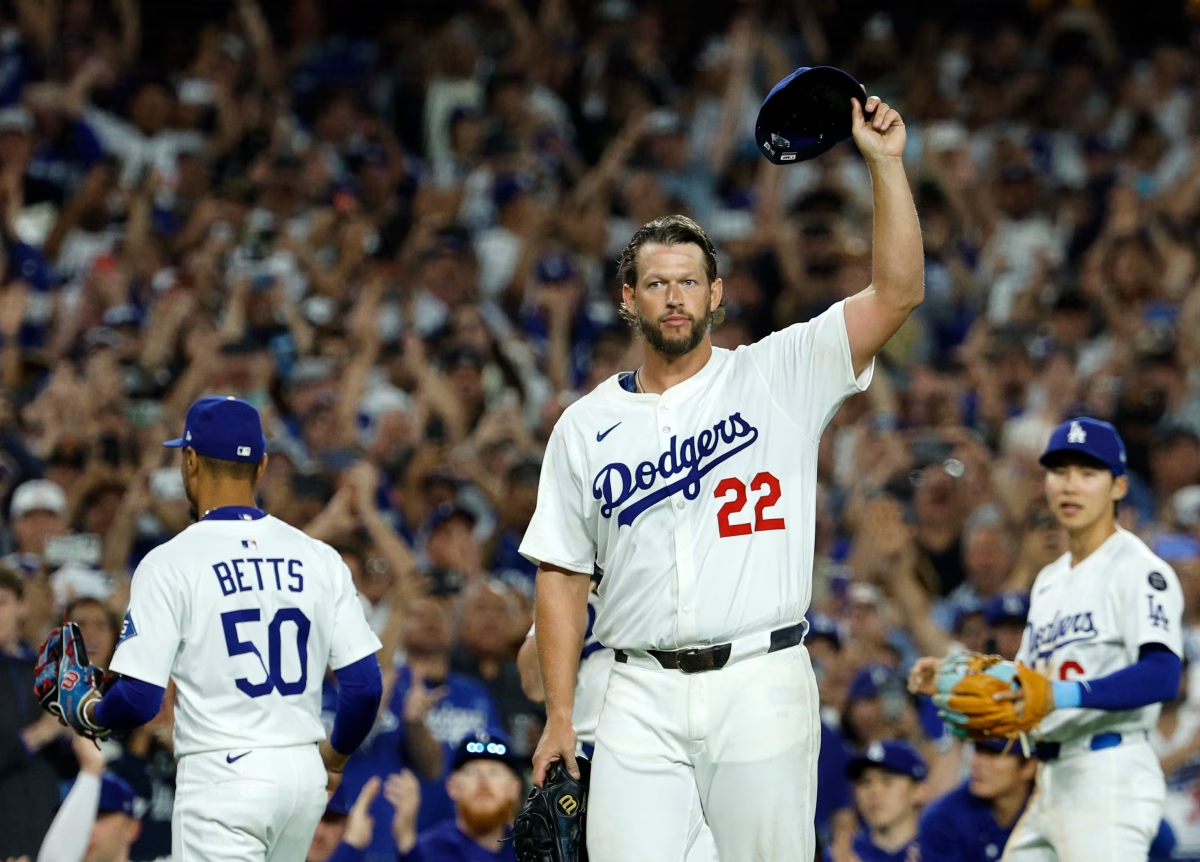How Agenda Setting Shapes Reality
March 11, 2019
Fake news…an interesting and controversial concept. Who determines right and wrong? Who determines true or false? It is the reason that today, more than any other period of time, Republicans and Democrats differ greatly, in terms of their stances on varying topics. In order to push their agenda, something can be utilized: fake news.
One must understand that news television generates money based off of how many viewers they can get to watch their programs. Since money is involved, this can clearly influence what is broadcasted versus what is really happening in the world. There are certain issues that specific newscasters choose to focus on, based off of which topics have a higher media salience. With higher media salience, it is presumed that higher profit will occur. However, this selective coverage can cause a loss of coverage in the topics deemed unworthy, and highly covered topics can influence public perception.
This is called agenda setting, which is the theory that social media plays an integral part in the shaping of political realities. The amount of time spent on an issue and the information relayed in a news story, along with the story’s position, determines how much a reader learns and interprets the importance and weight of various issues. Having neutral sources while our brains and ideologies are still growing is crucial to the development of our own political views and how involved in our society we’ll be in the future.
Since today’s society is social media based, and doesn’t largely rely upon accredited news sources, here are some fairer news sites: British Broadcasting Corporations (BBC) and The Local News. These television programs are considered to be more reliable then perhaps Fox News (Conservative), CNN (Liberal), BET (African American), and CBN (Christian). These can all advance the intensity of our opinions and exposure to only our point of view-leading to an even bigger challenge in trying to understand other perspectives.
This only further divides us. We need to inquire about opposing perspectives so we can understand where they’re coming from and reach better resolutions for the better of our society. Challenge yourself to visit the other political party’s website or use less bias news sources. Perhaps you weren’t even aware that your favored news source leans more towards one party than the other. Now you do, and now that we’ve identified the communication gap between where societies today get their news, we can open our eyes to not only opposing political parties but other individual’s perspectives.
Spread the word, and perhaps we can lessen the disparities.












